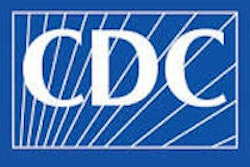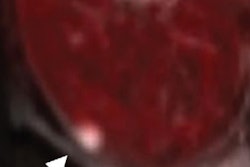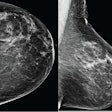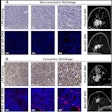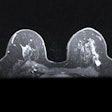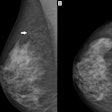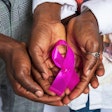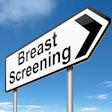Breast imaging software developer Volpara Solutions is highlighting clinical results published in the Breast Journal that suggest its VolparaDensity software produces more consistent density assessments than radiologists.
A team led by Katharina Holland of Radboud University Medical Center in the Netherlands evaluated how pairs of screening mammograms were categorized into density classes by human readers and by the Volpara system. The group included 1,000 mammograms randomly selected from the Dutch breast screening program; the exams were sorted into two-category ("fatty" versus "dense") or four-category (BI-RADS 1, 2, 3, or 4) density classes by four readers, including three specialized breast radiologists.
VolparaDensity had higher kappa agreement values on both the two- and four-category scales, leading the researchers to conclude that the software density readings are more consistent than those produced by radiologists, the company said.






